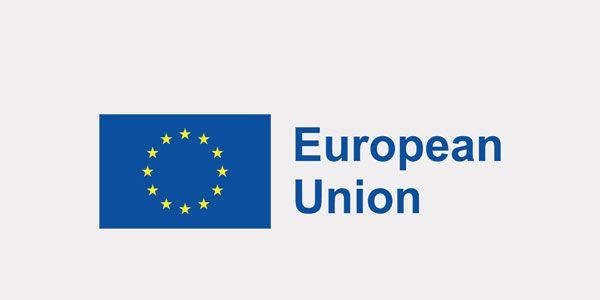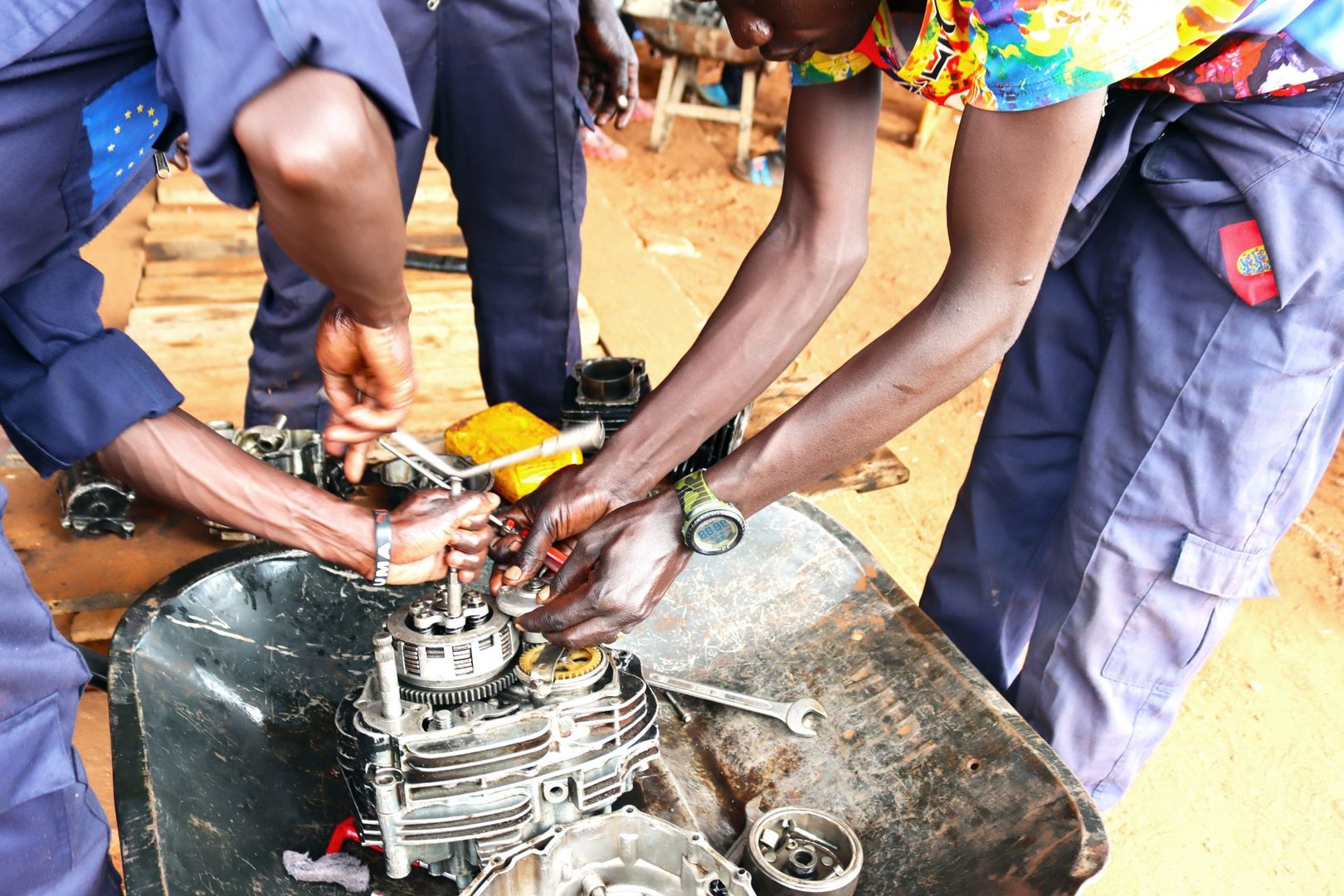The Issue
Karamoja has a 66% poverty rate, way above the national average of 20.3%. Food insecurity and famine are recurrent due to the high sensitivity of livelihoods to climate dynamics. The youth population is characterised by high poverty and illiteracy levels, a lack of employability skills, and limited access to opportunities. 86% of the young population have never been to school and are either not working or are in vulnerable employment, while rates of teenage pregnancies and school dropout are high – compounded by the prolonged closure of schools from 2020 to 2021 due to COVID-19 which has led to many youths falling behind in their level of education.
The Project
The Action aims to directly empower app. 2,500 youth through increased opportunities for youth participation in policy, decision-making and development processes, sustainable income generation, and life skills training across nine districts of Karamoja sub-region (Moroto, Napak, Nakapiripirit, Amudat, Nabilatuk, Abim, Kaabong, Kotido and Karenga).
The Action is split into two interrelated areas:
- youth skills development and training and
- youth advocacy and involvement of young people in public affairs that will together target app. 2,500 young people.
A total of 1,350 youth will benefit from skills and vocational training (150 per district) and app. 1,100 youth will benefit from advocacy training.
When these youth acquire and apply relevant skills and have increased access to relevant decent work opportunities, they can sustain their lives and livelihoods economically, and contribute to peace and security in Karamoja. Youth will gain the confidence to strengthen their voice, advocacy, and involvement in public affairs. Multi-sector partnerships will strengthen linkages, collaboration, policy implementation, and learning for and between youth, youth groups, District Local Governments (DLGs), Vocational Training Institutes (VTIs), and the private sector.
The Change
This Action is expected to yield a critical mass of skilled youth who are able to participate in policy, decision-making, and development processes within both the communities and the districts in which they live.
Alongside skilling and training the youth, the same youth will have increased opportunities for vocational training, apprenticeships, and employment in the public sector, private sector, and self-employment. This will support sustainable income generation, enabling youth to directly contribute to their economies, as well as a reduction in youth unemployment and poverty in the sub-region. There will also be a multiplier effect within the communities and districts where the youth are present, with increased disposable income in the local economy.
The youth will increase their social networks capital through better connections to external opportunities in the public and private sectors. The social cohesion and organisation of youth will also be increased because of strengthening the youth groups, both in terms of governance and finance skills but also advocacy with the formation of the district and regional advocacy network and financial inclusion through the Village Savings and Loan Association (VSLA) efforts.
This will increase the youths’ chances of accessing opportunities from the Government and the private sector. In addition, as more youth are involved in training, apprenticeships, and (self) employment, cases of youth idleness and crime will reduce.
Our Work
DCA has operated in Uganda since 1979. The first DCA office was established in 2004. Primarily, DCA Uganda works with three programs: Save Lives, Build Resilient Communities and Fight Extreme Inequality. All the programs focus on youth and women.
About this project:
Full title: Increasing Opportunities for Youth Participation and Empowerment in Karamoja
Period: January 2023 – December 2025
Donor: European Union and Danida
Amount: 750,000 EUR (600,000 EUR from EU and 150,000 EUR from Danida)



